Will Trump’s fight against high drug costs help India?
The United States has said it will speed up approval for some generic drugs. The development comes weeks after it was reported that the Trump administration had dropped its plans to impose tariffs on generic drugs from foreign nations in what was a relief to Indian drug makers.
The Trump administration had earlier announced that a website would be launched in 2026 to allow citizens to buy medication at a discount.
But what do we know? And will this move help India?
Let’s take a closer look.
What do we know?
The Food and Drug Administration on Wednesday said it will take steps to speed up the process of approving generic versions of complex drugs. This is an attempt to increase cheaper competition for branded and expensive medicines and thus lower drug costs for Americans.
These complex drugs, known as biologics, are made with living cells. They are difficult to make and have a long approval process to bring to market. Some of these drugs treat serious conditions such as cancer and autoimmune diseases.
Their generic versions, which aren’t identical copies, are known as biosimilars. The FDA has outlined certain situations where these generic drugs can be sold without studies comparing their efficacy to the branded and more expensive versions.
For example, the FDA has said that it can consider approving a generic drug when the two medications are made from clonal cell lines, are highly purified and can be well-characterised analytically. The FDA said this will also cut development costs for the drugs made using living cells.
However, these studies will be necessary in some cases, the FDA cautioned.
According to the FDA, biologics comprise just five per cent of the prescriptions in the US. However, they made up over half of the drug spending as of 2024.
The FDA has approved just a few dozen biosimilars thus far. Despite them being considered safe and effective, their market share remains under 20 per cent.
The development could deal a huge blow to drug makers who spend hundreds of millions of dollars on research and development and then rely on blockbuster sales to net them profits. The industry has previously opposed efforts to do so, saying it could hurt innovation and leave patients with fewer options.
Biosimilars have faced multiple barriers, including physician hesitancy, reimbursement policies, and complex patent litigation.
Drug makers such as Eli Lilly, Pfizer, Merck and Bristol Myers Squibb have lobbied the FDA against it and warned investors about the impact of biosimilar competition on their bottom line.
A Health and Human Services Department spokesperson pointed out that drug makers have a dozen years of exclusivity for biologic medications under the law. This, the spokesperson said, is a “primary determining factor in drug development decision-making.”
“No manufacturer should anticipate a monopoly or anything else beyond what is legally granted,” the spokesperson said.
The reforms “will take the five-to-eight-year timeframe to bring a biosimilar to market and cut it in half,” FDA Commissioner Marty Makary said on Wednesday.
‘Lobby invented fake distinction’
“Under this new framework, companies may not always need to conduct large, expensive human trials when advanced testing can already prove that biosimilars work just as effectively and just as safely as the original drug,” Health Secretary Robert F Kennedy was quoted as saying.
Kennedy has claimed that biosimilars not only cost half of biologics, but that their entry into the market decreases the price of branded drugs by 25 per cent. The FDA has claimed that biosimilars saved the US $20 billion (Rs. 1.77 lakh crore) in costs just last year.
Kennedy has challenged many of the pharmaceutical industry’s arguments for not treating biosimilars as equal to the original branded medicines, saying they were tactics to prevent competition. “The lobby invented a fake distinction between biosimilars and interchangeable biosimilars,” he said.
The FDA’s move follows recent pricing agreements between US President Donald Trump and drug makers, which have added pressure on branded drug revenues.
Currently, in some circumstances, developers perform “switching studies” to prove their biosimilars should be licensed as interchangeable with the original branded medicine. The FDA said these additional studies can slow development and create public confusion about biosimilar safety.
Once deemed interchangeable, the medicines can be readily substituted for the more expensive drug.
“We’re planting a flag saying we want interchangeability. We promote it, we encourage it,” said FDA Commissioner Marty Makary. The final guidance is expected to come out in three to six months, Makary said.
Will this help India?
It certainly could.
Indian drug makers are the biggest manufacturers of generic prescription medication for the United States. Data shows that India, which is known as the pharmacy of the world, comprises nearly half of all generic medication that is bought in the US. America’s domestic drug makers, meanwhile, comprise around 30 per cent of generic medication and drug makers elsewhere account for the rest.
Millions of Americans depend on these low-cost and often life-saving drugs that bring them relief from hypertension, high cholesterol, diabetes, mood swings and cancer.
India sends just over a third of its pharmaceutical exports to the United States – mostly generic versions of popular drugs. Indian companies send generic medication worth $20 billion (Rs. 1.77 lakh crore) to the US every year.
The Trump administration had earlier excluded tariffs on generic drugs after members of President Trump’s Domestic Policy Council argued doing so would result in price spikes and drug shortages in America. They even claimed tariffs in this instance may not work at all given that they are extremely cheap to produce in places like India.
With inputs from agencies


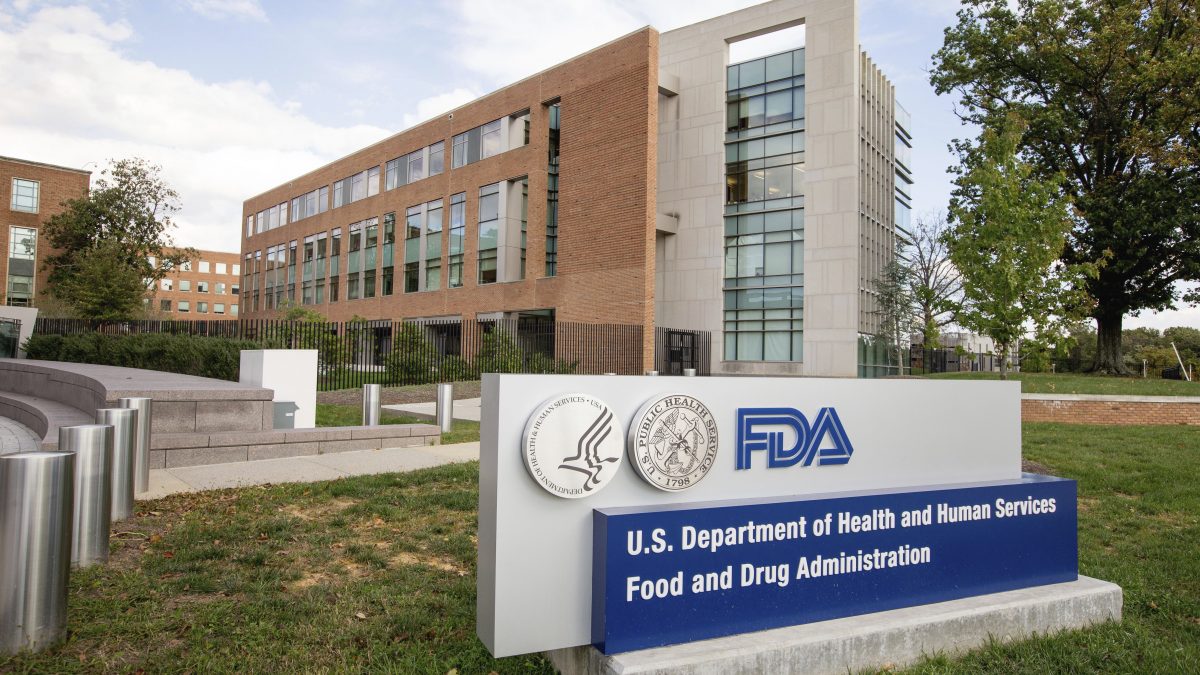)
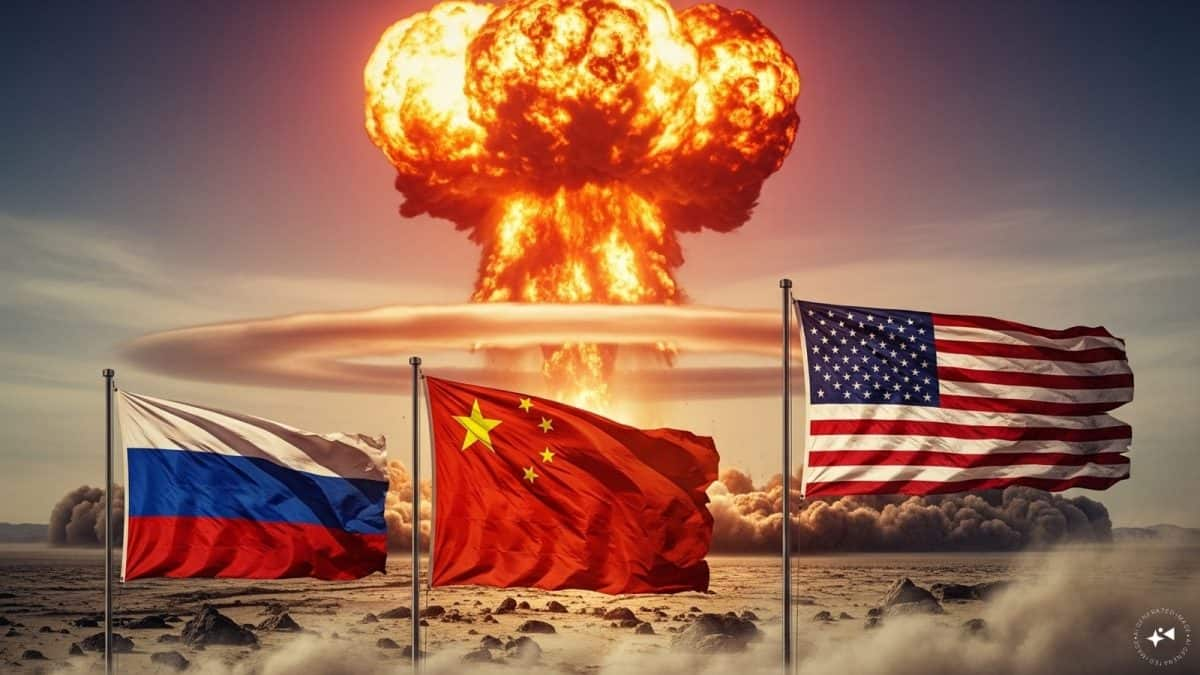
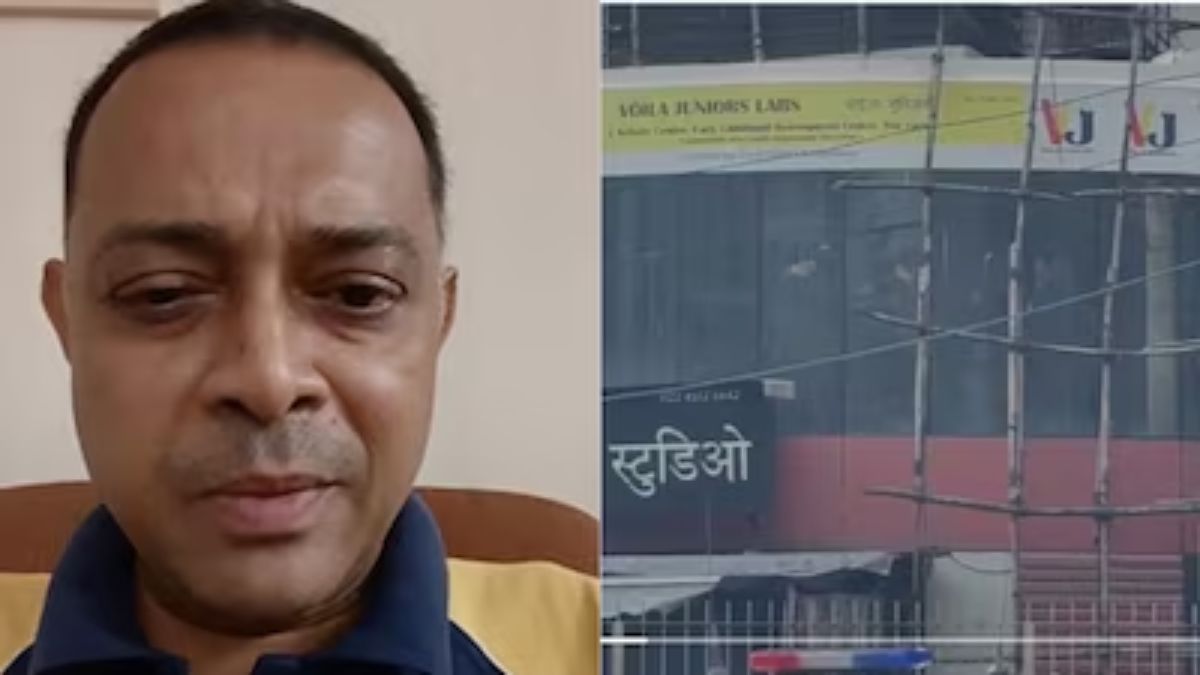)
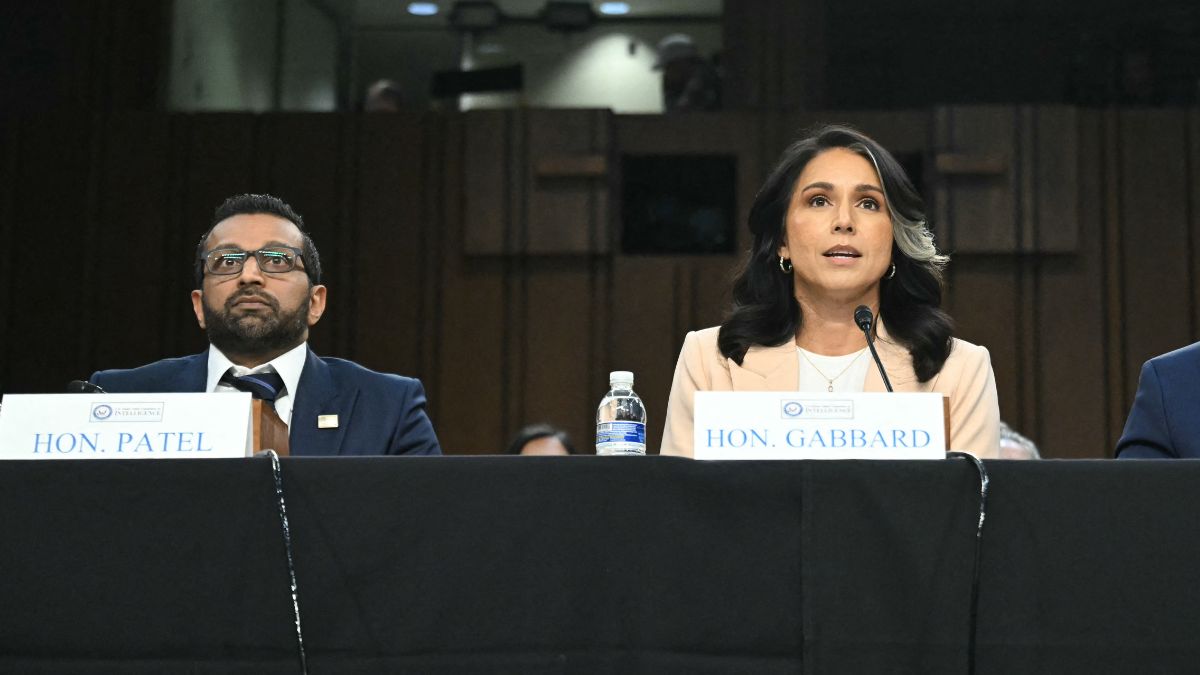)
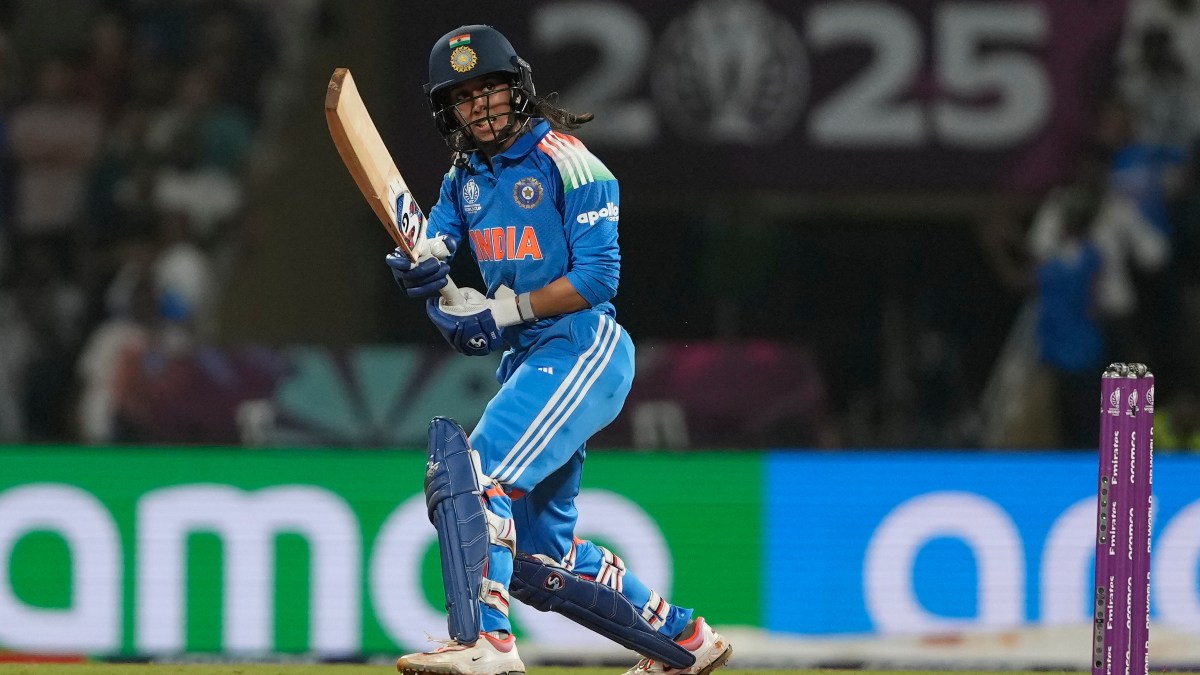)
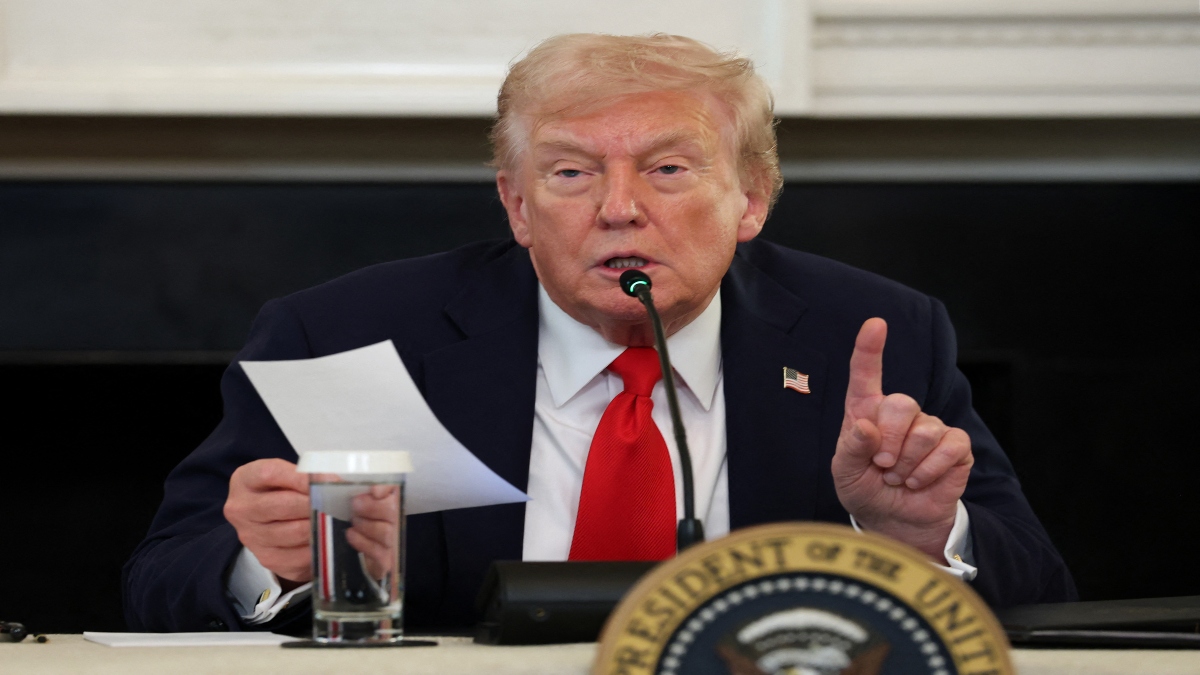)
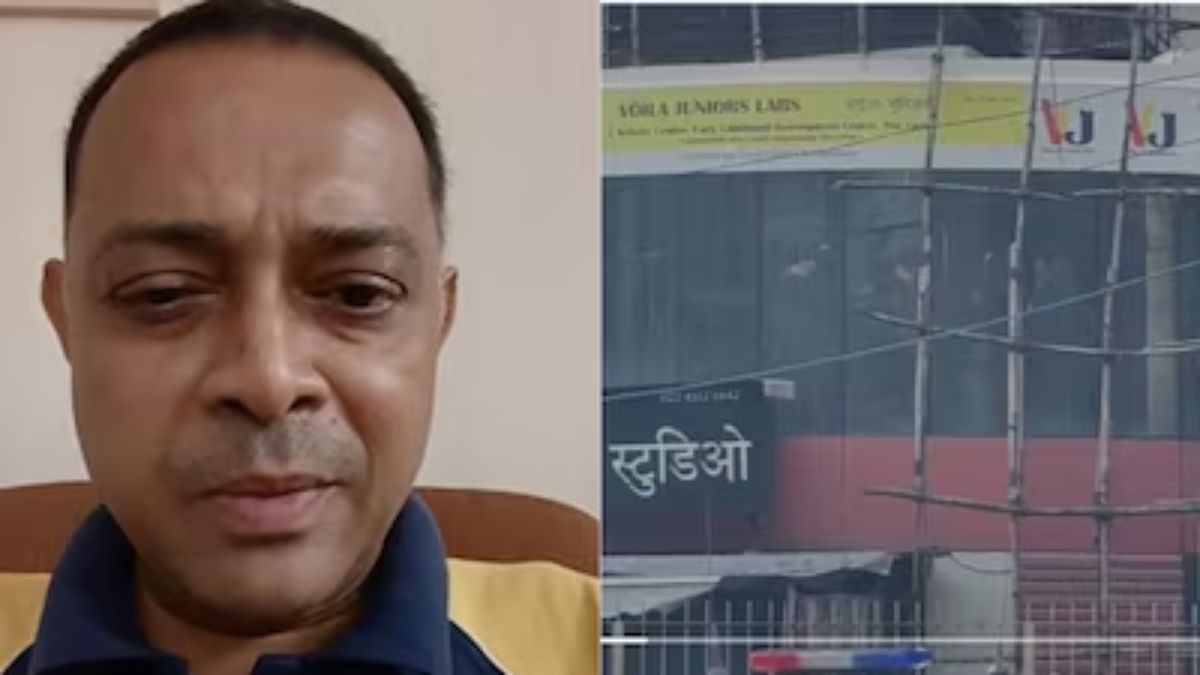)
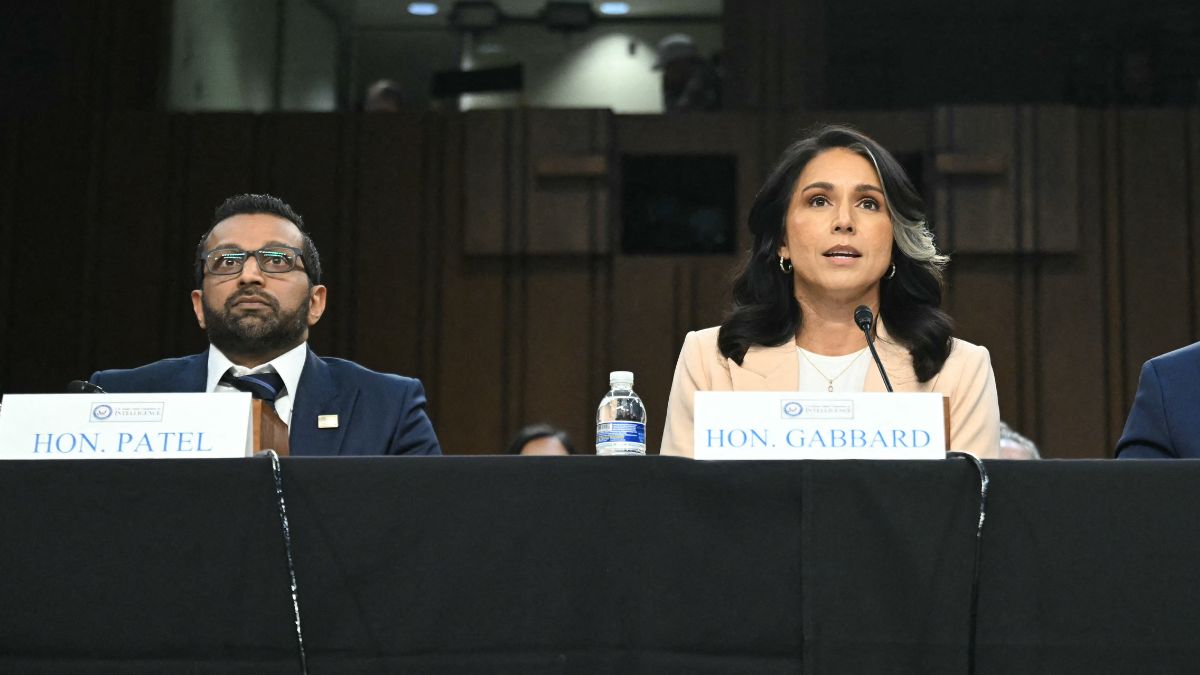)
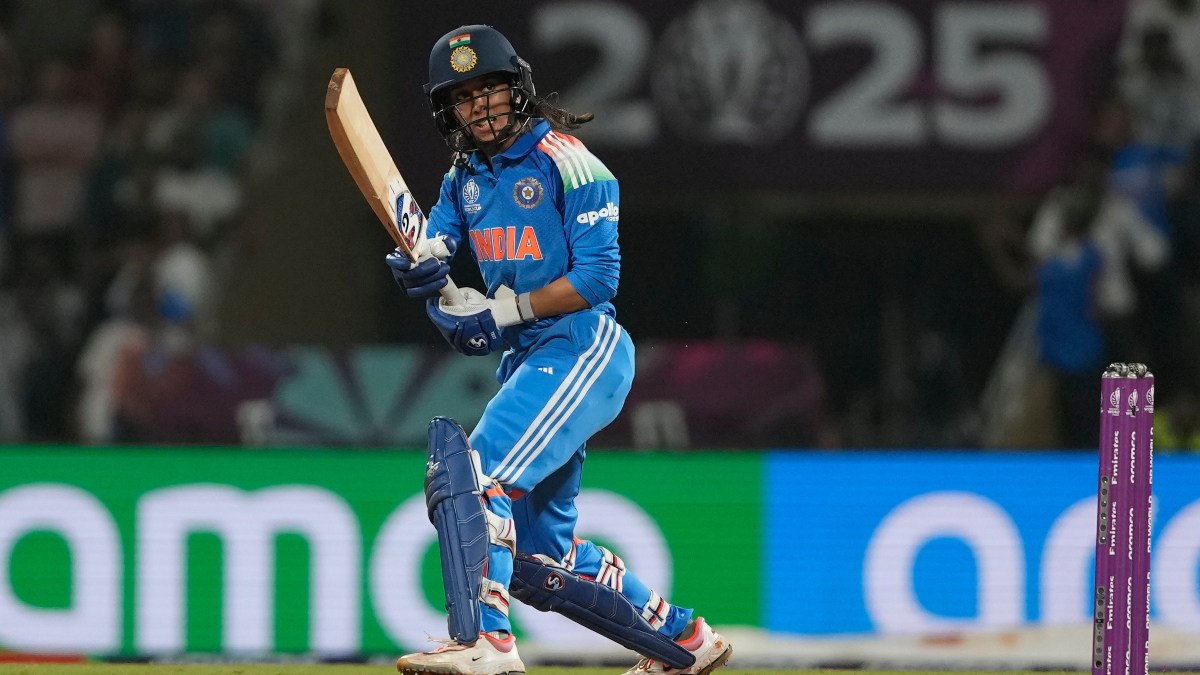)
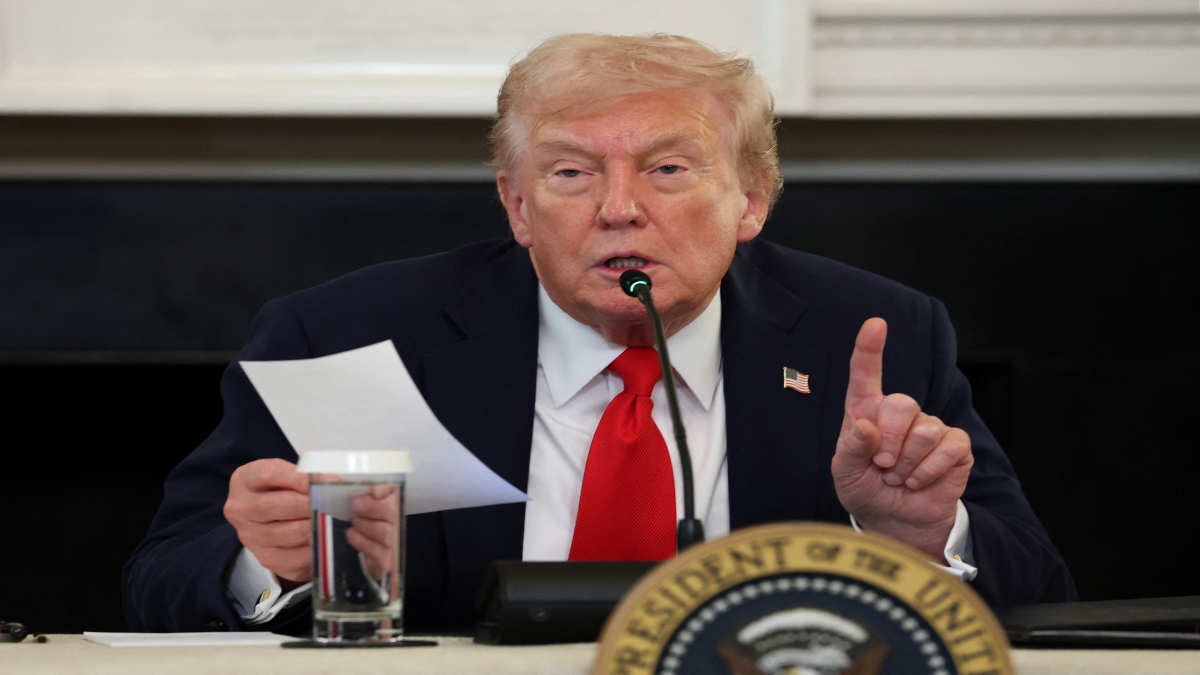)



